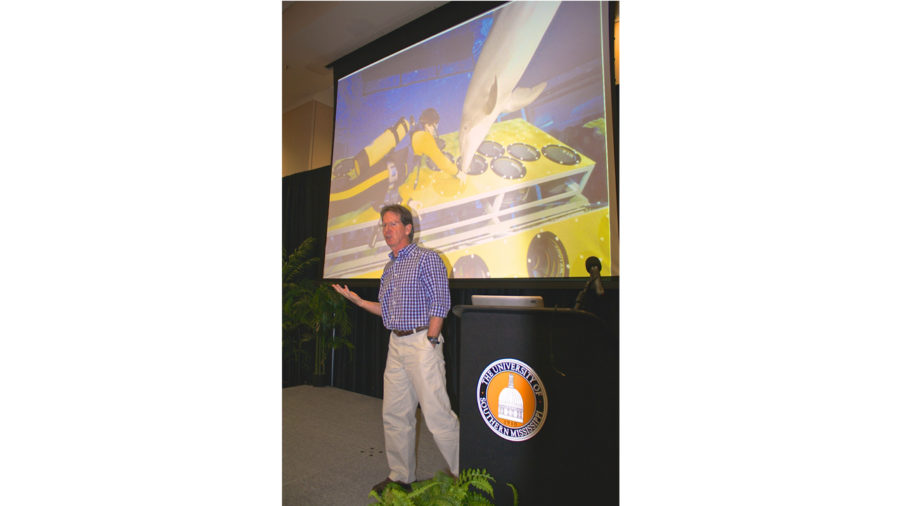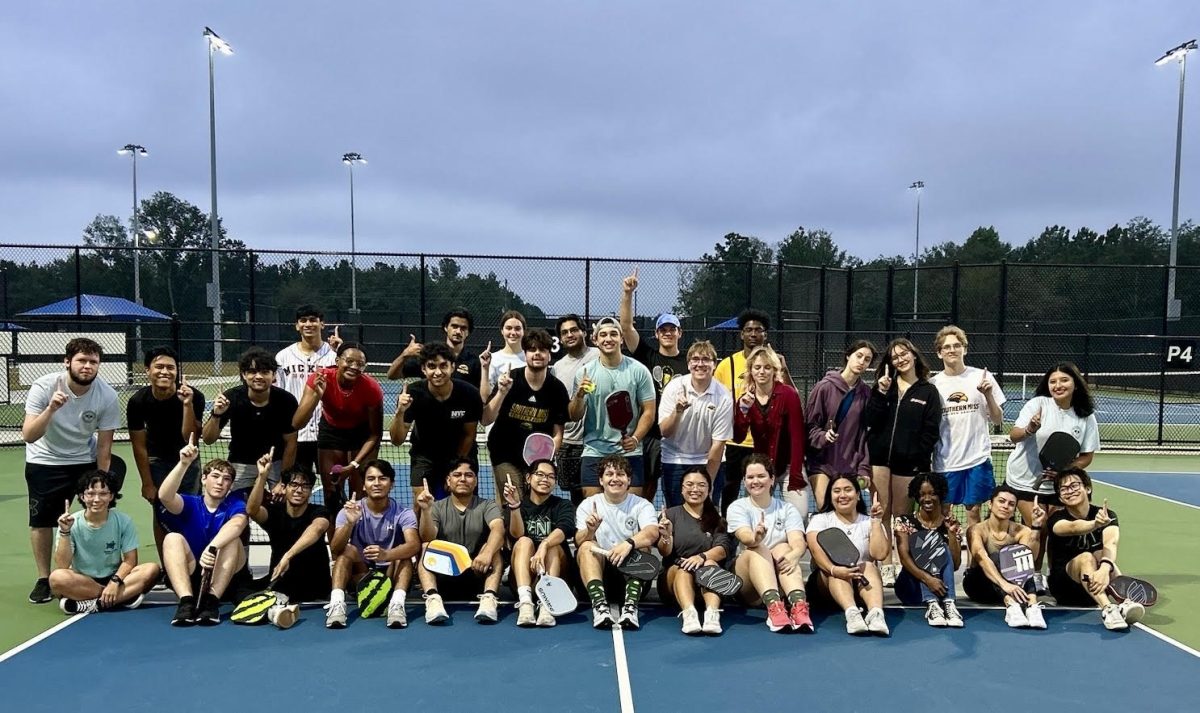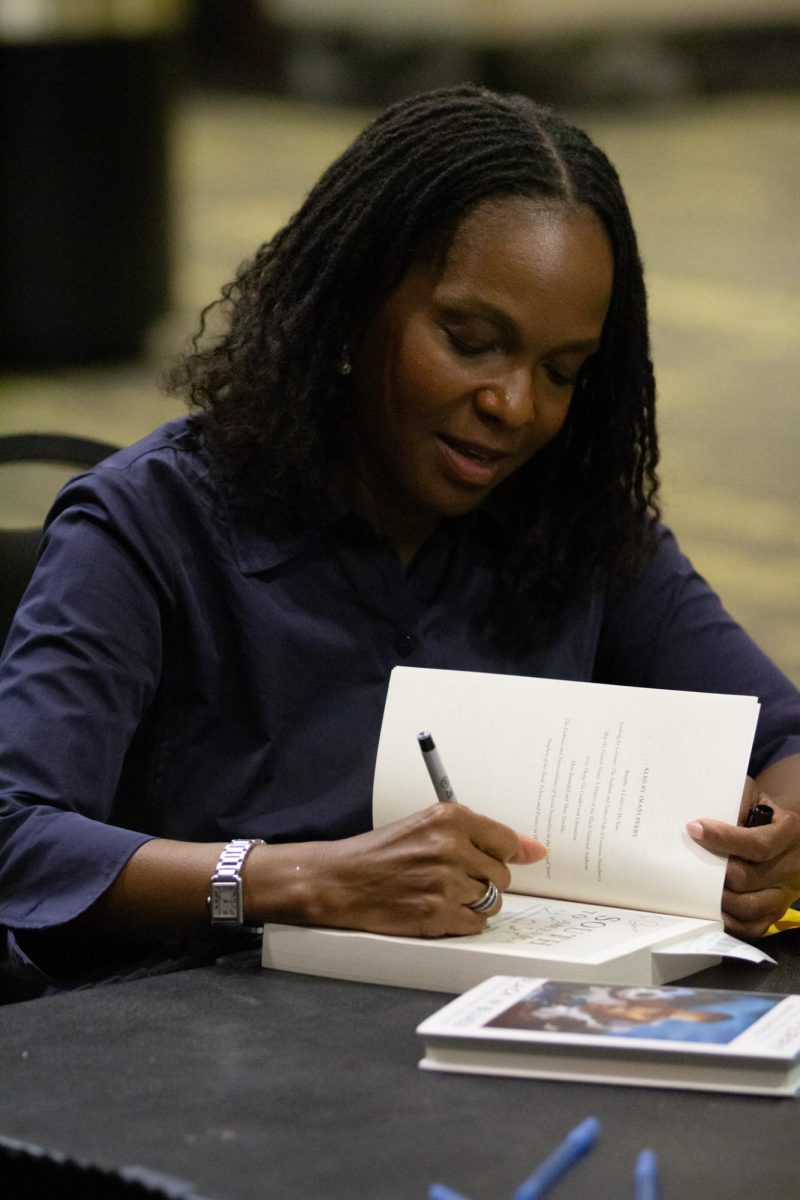Stan Kuczaj, director of the Marine Mammal Behavior and Cognition Laboratory, was recently awarded a $50,000 grant for a workshop displaying The Evolutionary and Psychological Significance of Play. Kuczaj’s work displays the act of playing’s significance in different species and how it has varied throughout evolution.
“During this workshop, we will be discussing the variations in animal play and evolutionary play in variety with culture as well,” Kuczaj said. “People will lead that into human play and will be talking about different functions in various cultures. For example, what exactly is play? How do we know what it is and does? What kind of different ways to play are there amongst different species?”
Kuczaj and his graduate students have studied abroad multiple times for the purpose of gathering information for the proposal. Kuczaj and his students study different animals and investigate the meaning behind animal play as well as the different types of play such as solo play and social play.
Kendal Smith, marine animal behavior and cognition graduate student, shadowed Kuczaj as he studied dolphin interactions at the Roatan Institute for Marine Science.
“Dr. Kuczaj frequently films this population for observational data, so the dolphins have grown accustomed to his presence,” Smith said. “Many of the younger dolphins, appear to crave his interactions as an opportunity to play with him. Dr. Kuczaj enjoys interacting with the dolphins. He also is perceptive when judging and respecting each animal’s boundaries.”
The workshop proposal was chosen among 30 proposals for the Leading Edge Workshop in Chicago last summer. Kuczaj and two others, Lance Miller and Alex de Voogt, came together to submit the proposal to the Psychonomic Society to discuss the panel at the invite-only event. Sixteen international participants will also join the event to discuss not only different mammals, but also the perspective of play on reptiles. After the Leading Edge workshop in Chicago, the participants and Kuczaj will take their research and develop a conclusion at the Psychonomic Meeting.
The Department of Psychology has seen the workshop as a positive reflection of the work and research it performs and the beneficial work that Kuczaj has displayed in the process.
“The study of play is an area of research we devote time and resources toward in our lab,” said undergraduate lab coordinator Erin Frick. “Reflecting positively on the work, we will continue to do here and see how important it is to connect and work with other leading researchers in the field on this interesting subject.”
The workshop is a step in furthering the awareness on the aspects of play and how it develops or affects mammals and other species. After almost 20 years of research with the lab students and himself, Kuczaj seeks to further his investigations and come to a conclusion on the variations of play and how it affects these animals.




























